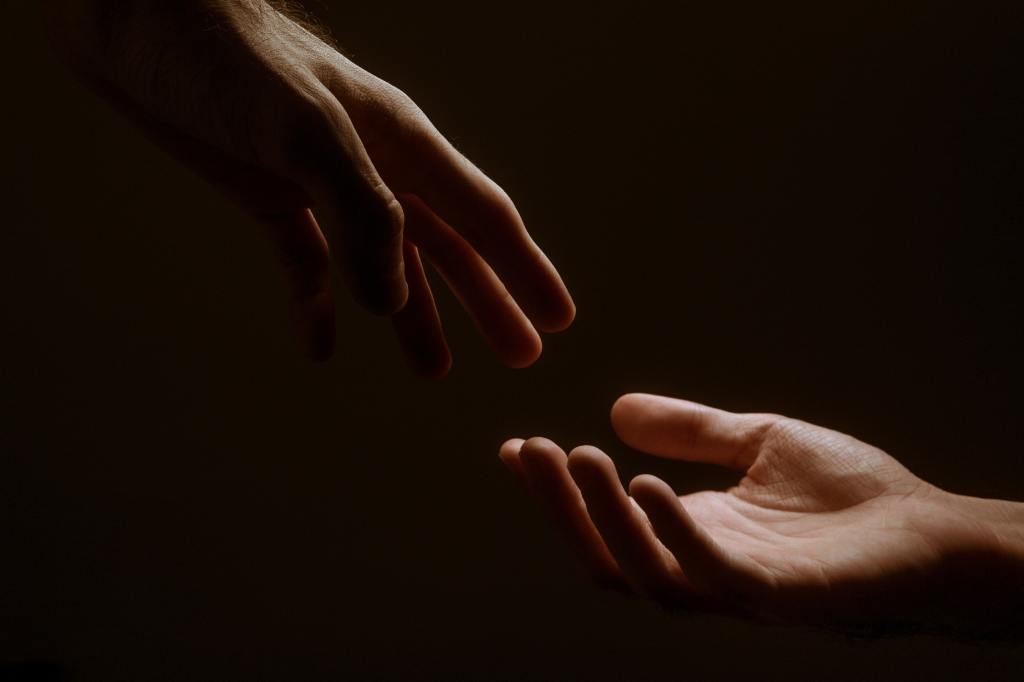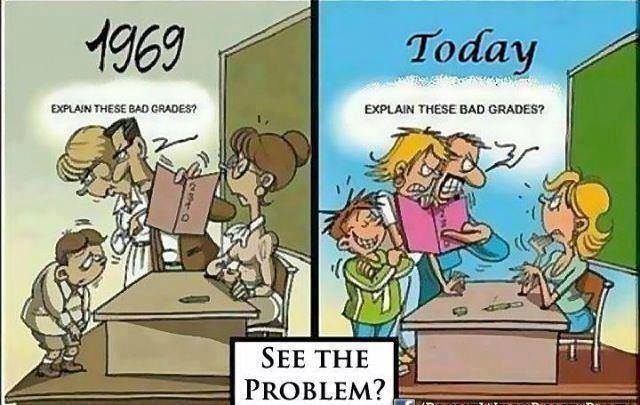
It is very interesting how life works sometimes. My entire life has been one catastrophe after another. As far back as I can recall, I seem to have always suffered from depression. By Junior High School I had worked up to anxiety and even PTSD. I am 55 years old now, living in a world that has become largely unhappy, angry, and disconnected, and people are dying in ever more numbers through the hands of others or by oneself.

I have come to realize recently that we humans in our pursuit of happiness always seem to get our ideas of happiness completely screwed up. We strive for: perfection, making our lives easier, more independence and freedom, and a life filled with luxuries. And in this pursuit we develop rigid social behaviors, rebel against them, and then come back to those rigid standards. We never seem to find that happy balance between work and play, social cooperation and our independence, composure and all out drama. The pendulum seems to be continuously moving from one extreme to another. And happiness is short lived, while problems and worries abound.
I began my life in an era when people saw war as glorious, patriotism as honorable, dedication and loyalty to your job was noble, a strong work ethic was essential, manners and courtesy were so expected that there were social repercussions for stepping outside of those standards.

A woman’s worth was found in how clean and organized her home was, how well behaved and quiet her children were, how much of a lady she was, and in the amazing home cooked meals she could prepare on a tight schedule and budget. A man’s worth, was tied into his job, the promotions he got, the status he achieved, and how well he was able to support his family. We did not talk about feelings, and we considered psychiatry and therapy taboo and a sign of weakness. We lived in a very controlled society that demanded citizens never mix social or economic class. Prejudices and biases were openly expressed against races, cultures, ethnicities, religions, political affiliations, and the use of any language other than English. Our lives were rigid and judged harshly.
My early childhood saw a rebellion against such rigidity. Enter the ’60s cultural revolution, in which people dared to express dissatisfaction with the norms that separated people and defined them on narrow ideas. The expression of love and other feelings became paramount. Drug and alcohol use became an avenue to experience emotions that had been tightly repressed. War suddenly became an atrocity, feminism was born, men rebelled against the clean cut look by growing their hair and beards, Civil Rights gained ground, and “free love” replaced stigma attached to sexuality.

With each new decade more rebellions were expressed, more freedoms were won for the socially and economically repressed, and better protections became available to several groups of people fighting for equal rights. Diversity became more accepted, and previous boundaries separating people began breaking down.

Technology began growing at an exponential rate, and I believe this cinched a complete change in our social structure. Women not only worked outside the home, but in more diverse professions. Jobs became less stable and more short-term. Communications became easier and more widespread, which took us outside of our communities, to an ever increasing distance, which brought us into a globally connected world in not only economics, but in our relationships.

With each new advancement in technology we became more competitive, and we also became more distant from our families, neighbors, community, and instead sought out relationships online, which disconnected us from personal interactions, and even allowed us to create personas which we presented to others as a way to gain more trust or acceptance from our online friends. Technology brought kids indoors for video and computer games, and many social gathering places began to be replaced by malls, cookie-cutter homes, and parking lots. Fewer and fewer green spaces were available because people did not spend as much time outdoors.

It is this movement towards technology, and the four walls that surround it, that we began losing the connection to not just the people around us, but also that connection to ourselves and even nature. We moved from a rigid standard of behavioral expectations, to a short period of self-expression and exploration, to an even more removed set of standards. And more people are dying from loneliness, disconnection, and inability to create a better life because we have been chasing false dreams, hopes, and expectations.

After a life of spiraling downwards, with debt that exceeds imagination, a bottomed out credit score, working hard since I was 16 years old, always expecting to get ahead, and never getting there, and finally ending up homeless, I have come to realize some important things about our lives and us humans. In our pursuit of independence we become socially disconnected and apathetic towards others. While engaging in competition with each other, we set ourselves apart from our families, and members of our community, reaching towards a higher status than others around us. We create amazing technology to make our lives easier, but then end up working harder to keep up our status and remain employed while technology strips many of our jobs. We work hard, losing connections while competing, developing fake personas to impress our coworkers, bosses, and online friends, and ultimately we become vulnerable to a tragic social brainwashing fraught with many lies, which creates enormous amounts of envy, hatred, intolerance for others’ successes and failures, and ultimately a disconnect with ourselves and even reality.

Do you believe there is a social disconnect? Do you feel lost and unable to find your place in this world? Are you falling behind or moving ahead in your connections with family, friends, neighbors, and local community? Do you believe we are moving forward or backward in our connection with the world? Why? What do all you Baby Boomers see? What do you Millennials see? Anyone from Gen X or Gen Z have any viewpoints on this? (Please identify your generation when commenting.)














Written
on April 28, 2014